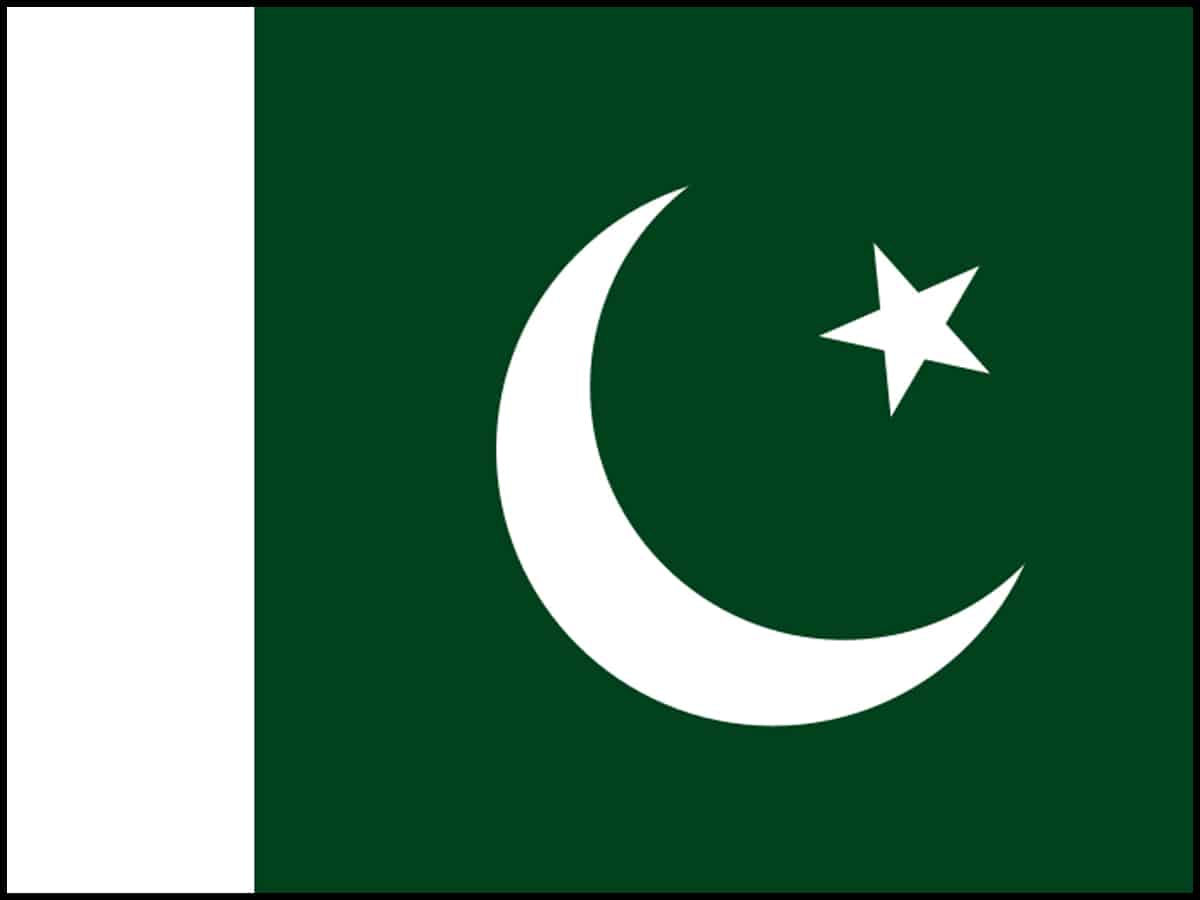
Baluchistan: As Pakistan has looked the other way to the pleas of Baluchistan ethnic nationalism, it has fuelled a new sense of separatist war against Islamabad in the province.
In a new phase in the long-running Baloch separatist war in Pakistan, a recent Baloch Nationalist Army (BNA) terror attack in the city of Lahore indicates the insurgency is expanding from Balochistan’s rugged mountains to Punjab urban centres, as reported by Asia Times.
Earlier, on January 20, a bomb blast ripped through a busy Lahore business district, killing three and wounding over 20. The BNA, which was formed less than two weeks before the bombing after the United Baloch Army (UBA) and the Baloch Republic Army (BRA) merged, accepted responsibility for the attack in a social media post carried by media.
On other hand, the merger is significant not only because it fuses two potent militant groups fighting for the separation of Balochistan from Pakistan but also because the new entity will target China’s interests in the country, including likely Belt and Road Initiative (BRI) projects which are based in Balochistan
The newly formed BNA also marks the coming together of the Marris and Bugtis, two of Balochistan’s largest tribes that historically have not always seen eye to eye, according to Asia Times.
The UBA is led by Mehran Marri, the son of late Baloch ideologue Khair Bakhsh Marri, who led the Marris for years. The BRA, on the other hand, is led by Brahumdagh Bugti, the son of Akbar Bugti, the Baloch Sardar and leader of the Bugti tribe who was killed in 2006 in a military operation, according to Asia Times.
Although both Marri and Bugti tribes populate other militant groups, including the Balochistan Liberation Army (BLA) now led by Khair Bakhsh’s other son, Hyrbyair Marri, the UBA-BRA merger underlines how Baloch militant groups are increasingly converging across tribal lines to form a united front against the Pakistan state.
In 2018, the BLA merged with the Balochistan Liberation Front (BLF) and BRA to form Baluch Raji Ajohi Sangar (BRSA), or Baloch Nationalist Freedom Movement, as reported by Asia Times.
The two-pronged strategy is a major cause of concern for Pakistan, especially at a time when it is already facing a resurgent Islamist challenge from the Tehreek-i-Taliban Pakistan (TTP), also known as the Pakistan Taliban.
Further, TTP has recently ramped up its cross-border attacks from Afghanistan targeting security forces, as noted by Asia Times.
A deep-seated sense of exclusion has driven sm”>Baloch nationalism and militant insurgency since the 1948 forced accession of Balochistan to Pakistan, according to Mir Muhammad Ali, a veteran Baloch nationalist who fought the Pakistan Army in the 1970s.
On the other hand, Pakistan’s Chief of Army Staff (COAS) General Qamar Javed Bajwa paid a visit to a city in southern Balochistan amid the worrying security situation in the province.
The Pakistan Army, rather than rolling back its presence to facilitate dialogue, is now expanding its security and economic footprint, seen in its fortified presence at Gwadar and involvement in the development of one of the world’s biggest untapped copper and gold deposits at the province’s Reko Diq, as reported by Asia Times.



